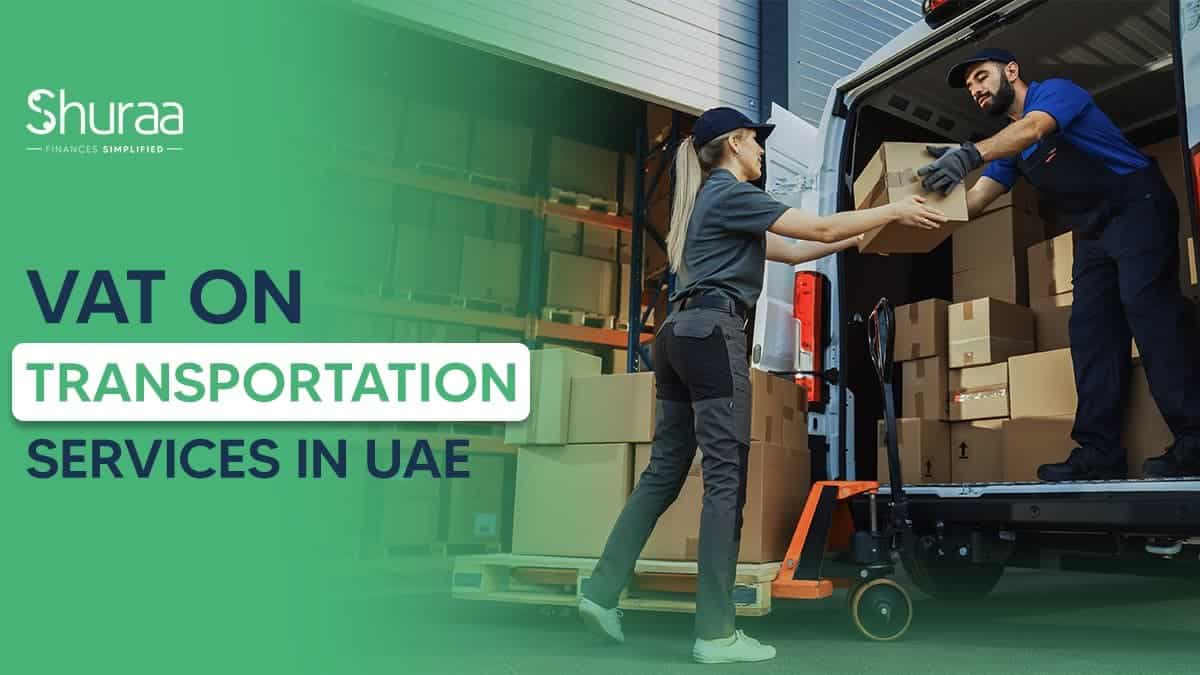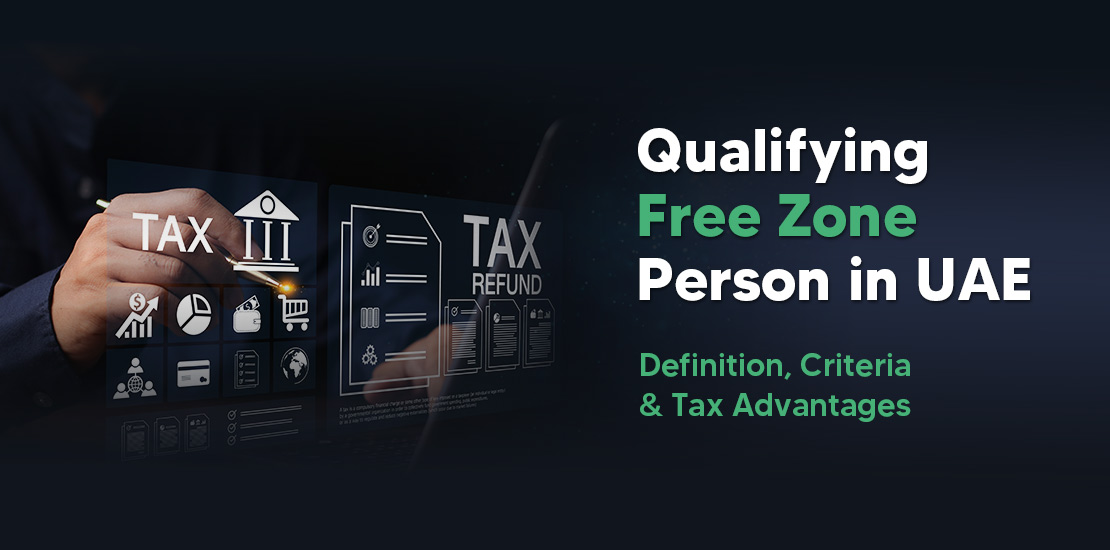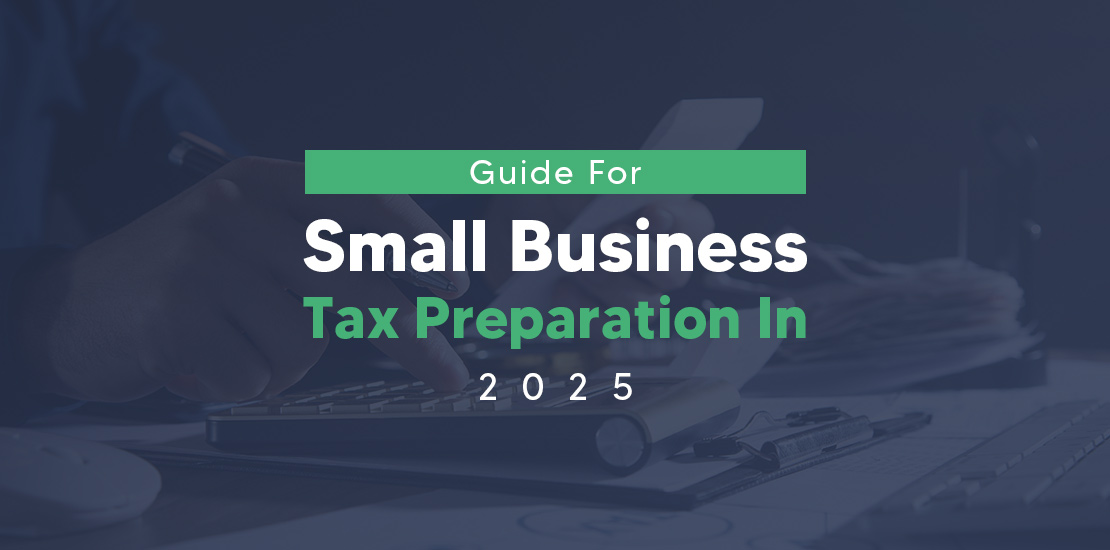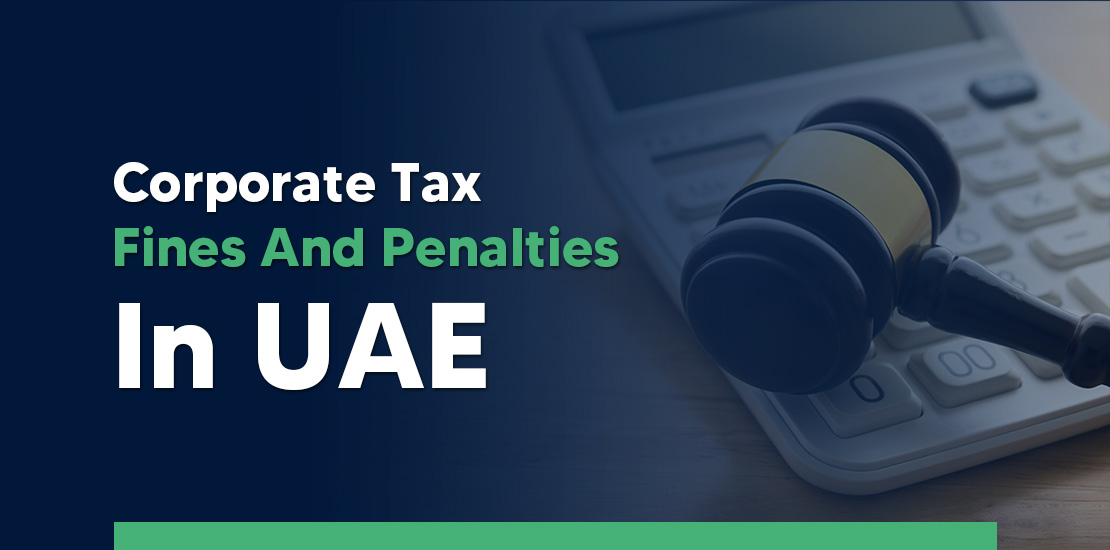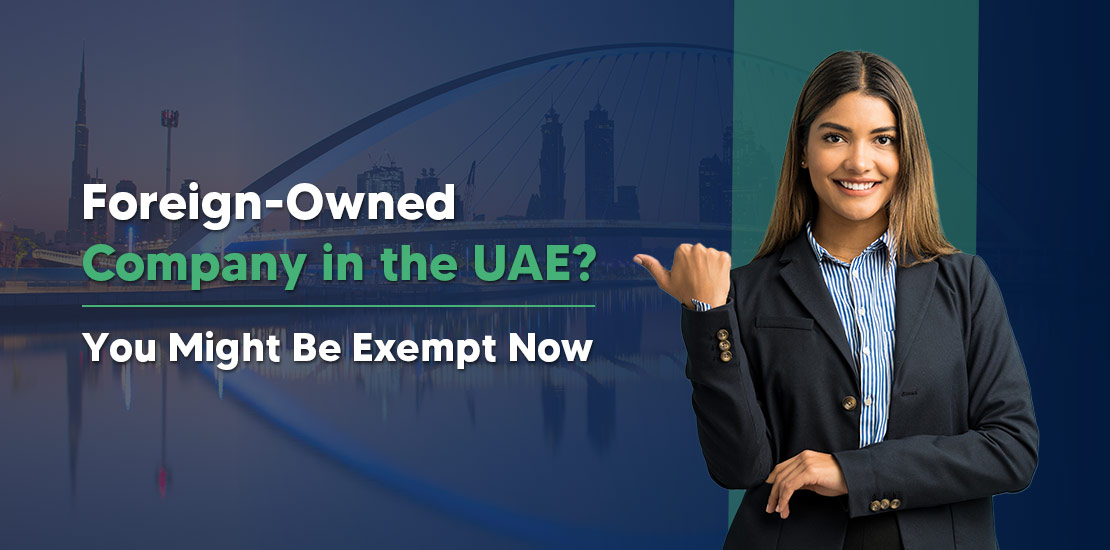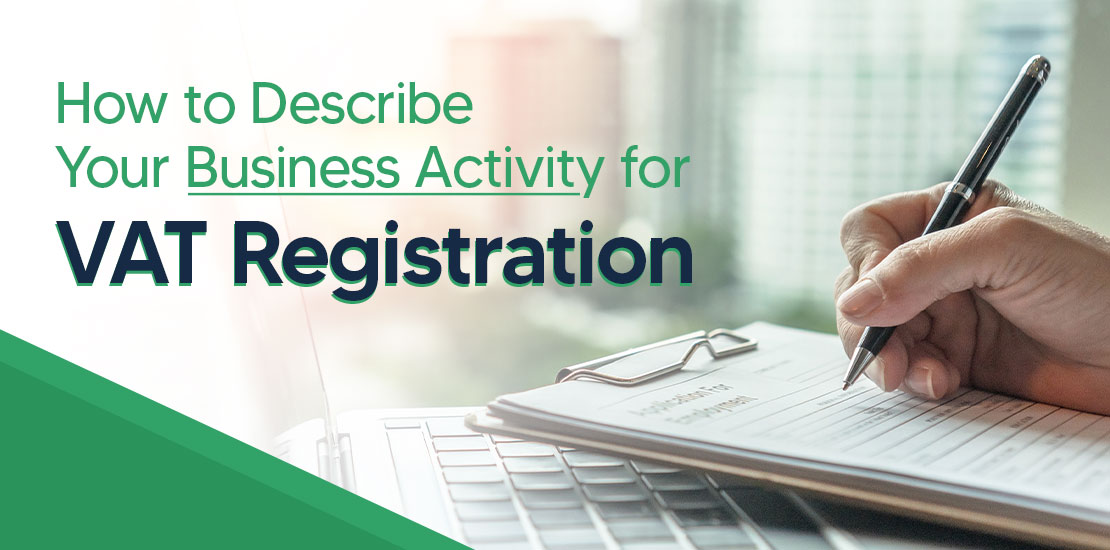Table of Contents
- What is VAT in the UAE?
- Applicability of VAT on Different Goods and Services in UAE
- Role of Federal Tax Authority (FTA)
- VAT Rates and Exemptions for Transportation Services
- Zero-rating vs. Exemption Transportation VAT in UAE
- Transportation VAT Implications for Businesses and Individuals
- Tax Matters Made Simple with Shuraa
As you may know, VAT is a consumption tax that is levied on goods and services at each stage of production and distribution. It is an important source of revenue for governments around the world, including the UAE. Within the framework, the significance is particularly important in transportation services. As the UAE continues to evolve economically, understanding the complexities of VAT on transportation services in UAE becomes essential for businesses operating in this sector.
But fear not, we’ll break down the essentials of transportation VAT in UAE in a way that’s clear and easy to digest, so you can keep your finances on track and enjoy your journeys without any bumps in the road.
What is VAT in the UAE?
Value Added Tax (VAT) was introduced in the UAE on January 1st, 2018, as a new source of government revenue and diversification from oil dependence. It’s a consumption tax levied at each stage of the supply chain, ultimately borne by the final consumer.
The standard VAT rate in the UAE is 5%. This applies to most goods and services, with some exceptions.
Businesses whose taxable supplies and imports exceed AED 375,000 in the last 12 months are mandatory to register for VAT. Voluntary registration is possible for businesses exceeding AED 187,500.
Registered businesses must file VAT returns electronically every tax period (usually monthly or quarterly).
Applicability of VAT on Different Goods and Services in UAE
- Standard rate (5%): Applies to most goods and services, including electronics, clothing, restaurants, hotels, and transportation.
- Zero rate (0%): Applies to specific goods and services, such as exports outside the GCC, international transportation, certain medical and educational services, and the first supply of residential property.
- Exempt: Certain goods and services are completely exempt from VAT, such as local public transport, basic foodstuffs, and financial services.
Role of Federal Tax Authority (FTA)
The Federal Tax Authority (FTA) is the government agency responsible for administering, collecting, and enforcing federal taxes in the UAE. This includes Value Added Tax (VAT), excise taxes, and corporate income tax.
The FTA is responsible for administering the VAT system in the UAE. The FTA issues regulations and guidance on VAT compliance and also enforces it through audits and penalties.
VAT Rates and Exemptions for Transportation Services
The UAE’s VAT system applies to various sectors, including transportation. However, there are specific rates and exemptions for different types of transportation services, making it crucial to understand the nuances to avoid any compliance issues.
The standard VAT rate in the UAE is 5%. This applies to most goods and services, including many transportation services.
However, there are some specific exemptions for VAT on transportation in UAE:
Domestic passenger transportation
Any transportation of passengers within the UAE, by land, water, or air, is exempt from VAT. This includes taxis, buses, trains, trams, ferries, and similar modes of transport.
International transportation
- International passenger and goods transportation, including intra-GCC (Gulf Cooperation Council) travel, is zero-rated. This means the VAT rate is 0%, but businesses involved must still comply with certain VAT reporting requirements.
- Supply of means of transport (air, sea, or land) for commercial transport of goods and passengers (over 10 people) is also zero-rated. This includes the leasing or chartering of airplanes, ships, and trucks for commercial use.
- Goods and services related to these means of transport and to the transportation of goods and passengers are also zero-rated. This could include maintenance and repair services for vehicles used in international transport, catering services for passengers on board, and ground handling services for airplanes.
Local passenger transport services for pleasure trips
Not exempt from VAT and are subject to the standard 5% rate. This could apply to tourist cruises or private jet charters within the UAE.
International passenger transport services by aircraft that constitute “international carriage”
Not exempt and are subject to the standard 0% rate. This could apply to flights that originate or terminate outside the UAE even if they have a stopover within the country.
Import of vehicles
Subject to the standard 5% VAT rate.
Free zones
Some free zones in the UAE have special VAT regulations, so it’s important to check the specific rules for the relevant free zone.
Zero-rating vs. Exemption Transportation VAT in UAE
The key difference between zero-rating and exemption in the context of VAT on transportation services in the UAE lies in whether the business can claim input tax refunds.
Zero-rating
While there is no actual tax charge, businesses still need to:
- Issue proper tax invoices with a 0% VAT rate.
- Maintain records of zero-rated supplies.
- File VAT returns.
Businesses can claim back the VAT paid on expenses incurred while providing zero-rated services. This helps reduce their overall tax burden.
Exemption
No VAT is charged. The transaction is completely outside the scope of VAT.
Businesses cannot claim back any VAT paid on expenses related to exempt supplies. This can disadvantage businesses with high input costs.
Transportation VAT Implications for Businesses and Individuals
The implications of VAT on transportation services in the UAE differ for businesses and individuals, depending on the specific type of service and its treatment under the VAT law. Here are some of the key implications:
- Domestic passenger transport, including taxis, buses, and trains, is exempt from VAT. This simplifies compliance for businesses operating in this sector.
- Flights, airfares, etc., are subject to the zero-rating benefit, potentially leading to lower costs compared to standard VAT rates.
- The zero-rating incentivizes international travel to the UAE, benefiting airlines, hotels, and tourist attractions.
- Businesses involved in zero-rated services can claim VAT paid on related expenses, improving cash flow.
- Zero-rated transactions still require proper tax invoices, record-keeping, and VAT return filing.
- Businesses can choose to absorb the VAT cost, pass it on to customers, or adjust pricing based on specific services.
- Some individuals may benefit from claiming input tax refunds on travel expenses related to their business activities.
Tax Matters Made Simple with Shuraa
The introduction of VAT in the UAE has brought a new layer of complexity to the transportation sector. And, as the UAE continues to evolve economically, staying informed about tax regulations becomes not just a choice but a strategic necessity for businesses.
In this ever-changing tax landscape, seeking professional guidance becomes essential, and that’s where Shuraa Tax steps in. We, at Shuraa Tax, are more than just a team of knowledgeable and qualified accountants, auditors, and tax advisors in Dubai, UAE. Our mission is to assist businesses in simplifying their taxation and financial management needs.
Call us at +971508912062. You can also drop us an email at info@shuraatax.com and get your queries answered in no time. Let’s simplify taxation together!



